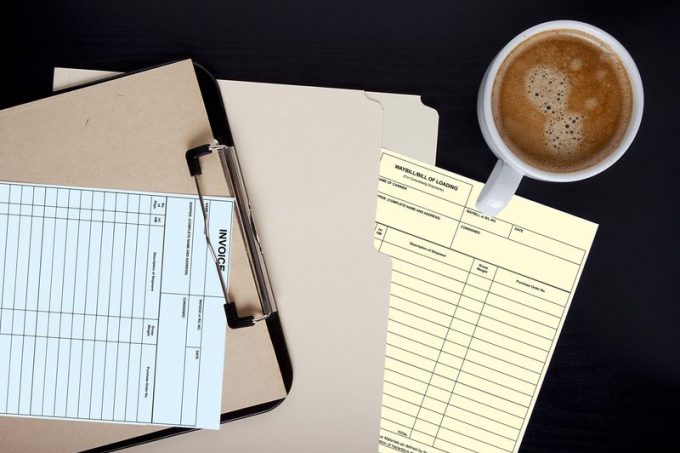BIFA opts for TV's Gregg Wallace to host awards lunch
Masterchef judge Gregg Wallace will host the BIFA Freight Service Awards lunch in January. The former ...

BIFA has become the latest forwarder association in recent months to issue a warning to members over switch bills of lading.
In a note today, the UK freight forwarding association reminded members of the “dangers of requesting a switch bill of lading without being fully aware of potential liabilities”.
A ...

Comment on this article